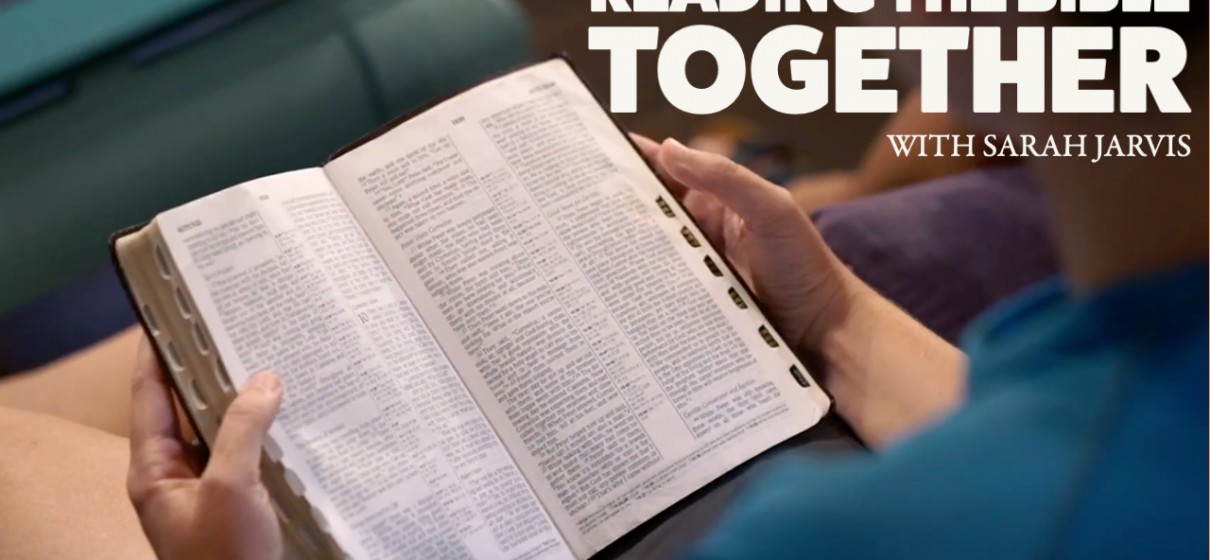More Than a Meal
Growing up, food was important to my family. My parents regularly served exquisite dinners on weeknights, and really went all out on holidays. Meals were a huge part of our traditions, and so many of my deepest childhood memories take place around the dinner table.
Food was a pillar of our family culture, essential to the depth of our relationships.
But it was never really about the food. There was something bigger going on around the table.
While I have always associated meals with family traditions, food took on a deeper meaning when I found myself overwhelmed with grief over a series of deep losses.
The night I gave birth to a sweet baby boy that I would never bring home, my friend Lisa arrived with a ham. It was a gesture of support and love to our family but ended up being so much more. As she hugged me on the way out the door, she told me I felt feverish and that I should take my temperature. A short time later I was rushed to the hospital — a new, struggling life about to be born and then just as quickly, to pass.
That night, a ham was not just a ham.
During an 8-week hospital bedrest stay in Houston’s medical center, I received gourmet meals almost weekly. Each delicious dinner was accompanied by expensive plates and precious linens. Often friends would deliver the meals on the chef’s behalf with specific instructions on table setting and food presentation. These meals were more than sustenance, they were tangible reflections of love — my friend showing me I was seen, I was known, and that she cared.
When I was pregnant with my now 7-year-old, I received dinners every week, delivered in a beautiful Longaberger basket lined with a freshly pressed red gingham kitchen towel. The basket always arrived on time, and it always included warm, crusty bread that reminded me and my family that we weren’t alone on this journey.
After Hurricane Harvey devastated our house and made cooking impossible, friends delivered sack lunches and demanded I eat, even when I didn’t want to. Their love, wrapped in a paper bag, sustained me when it was hard to just stay standing.
As we rebuilt our home, we pulled tables together on our street to share a meal of spaghetti and lemonade with our neighbors who shared the same plight. We had no idea how long it would take to rebuild our homes, but we laughed, prayed, and for an hour, forgot about the harrowing journey we had ahead of us. Food brought us peace, strength, and warmth in the midst of rubble and debris.
When our adoptive son arrived a year ago, I remember the warm, fresh cookies delivered to our door and the abundance of snacks brought in bulk.
Through these experiences I learned that food brings so much more than physical nutrition or energy. Food became a comfort not just rooted in family tradition, but a symbol of love, care, and presence from those outside my family circle.
When shared with someone you love, or gifted to you by someone who cares, food is a relationship builder. It’s intimate, humbling, and communal.
Sometimes meals are memorable — the specific flavors and aromas — but more often it’s the experience of fellowship that sticks with us long after the meal is over.
Whether you make it or buy it, whether you send it, place it in a cooler on a front porch, or hand it directly into someone’s arms, the gesture shows those friends you care, you see them, and you love them. It shows them you acknowledge their pain, even if you have never experienced it yourself.
These profound experiences of receiving love in the form of food have changed me. I have learned to pay attention to the circumstances of others and when in doubt, send food.
It isn’t what you send but that you send.
As believers, our prayers and love for others should propel us to action, especially when we see others hurting and in need, but even when it’s just a simple gesture of kindness. Our friends don’t have to be in a deep pit of despair for us to send them a meal, it can just be a Thursday.
For believers, a meal is more than food. It is a symbol of God’s love and compassion for his creation, and we should share that in every possible way we can.










